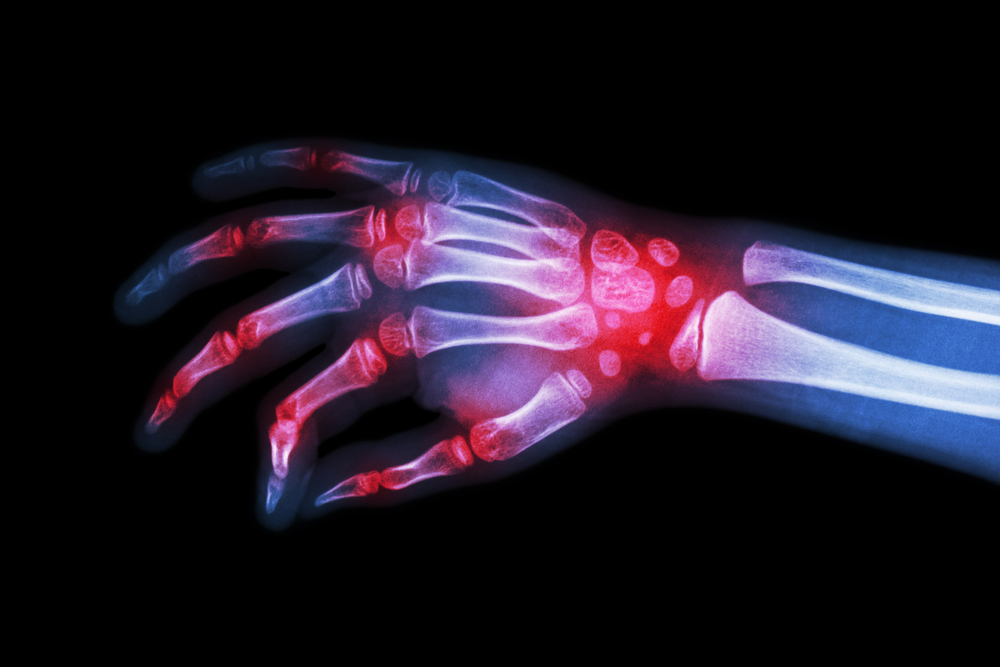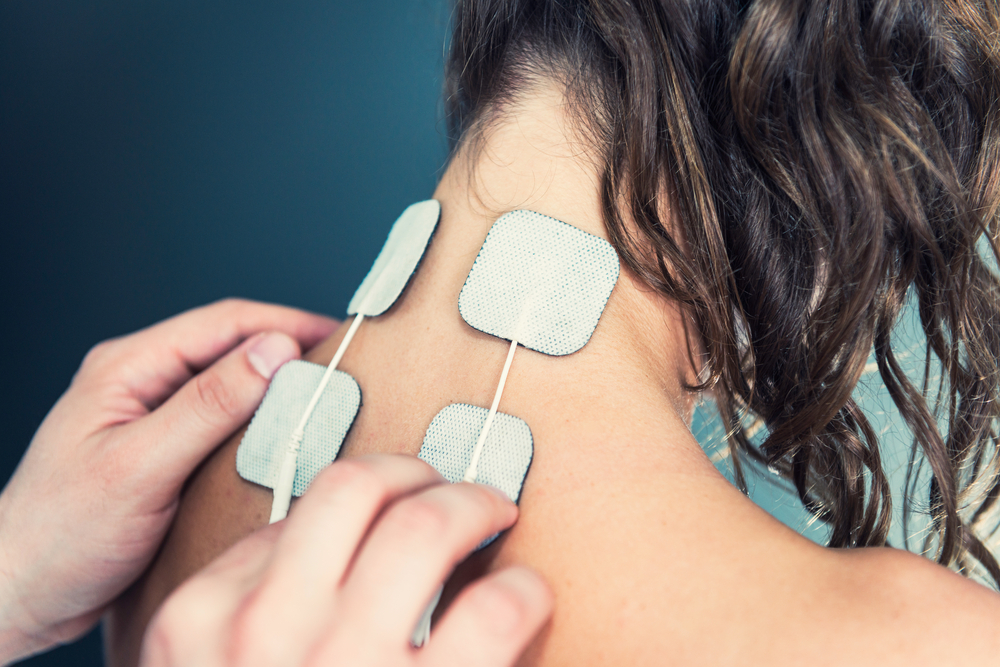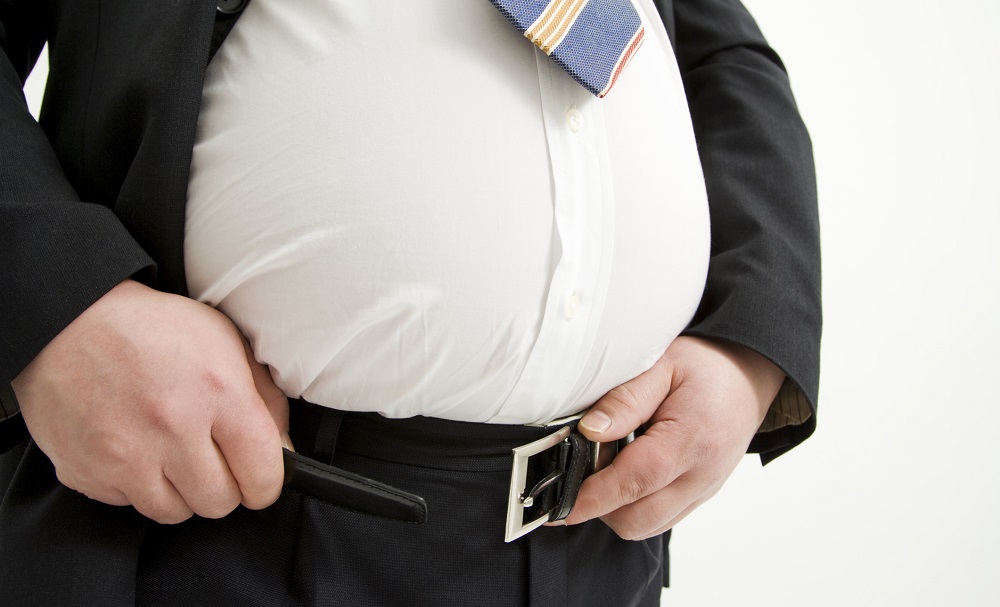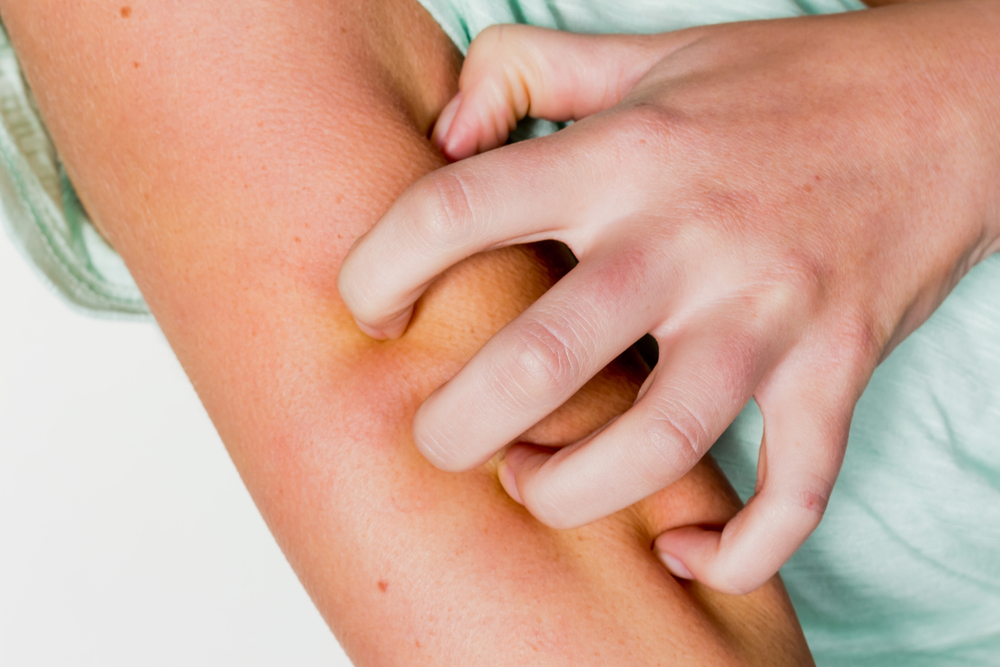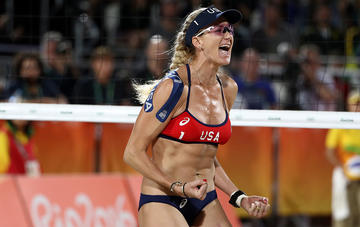
Shutterstock
Imagine that your employment included running, swimming, or gymnastics; pursued by weight lifting and prepping for competition. It appears exhausting, however it is a regular day for that Olympic athletes in Rio. Additionally, there are another element to the Olympic athlete’s training: a ceaseless hunger. Most Olympic athletes should try a tremendous number of calories (some take to 8,000 daily) to fuel for daily workouts and look after strength. But eating whatever, whenever is not the solution. Meals are more to do with fuel and nutrition than everything else. So what exactly do Olympians eat, and just what would you steal from their weight loss plans?
Calories Matter
It’s impossible to concentrate on the exact diet of Olympian. They all have different needs determined by size, sport, and training.?But Olympic athletes should be mindful about producing healthy food choices. Simply because they can eat a large number of calories of McDonald’s doesn’t imply how they should. Jason Machowsky, R.D., C.S.S.D., a sports dietitian who works together many athletes on the Hospital for Special Surgery, says essentially the most crucial sides of fueling the Olympic athlete should be to “create a strategy that allows enter the suitable fuel on a daily basis using the day’s demands, that involves eating meals once for all health insurance immunity plus performance nutrition.” Elite competition is putting enormous stress on their own health and immune tissues, which implies eating enough nutritional supplements is far more important. A sick athlete can be a benched athlete!
Make it work for you:
- Choose healthy food to obtain the most gains through your workout and health and fitness. The healthier you’re, the more effective you are going to feel, and also the more your whole body will interact to your effort.
- Fueling properly for any workout will still only make you feel better within the workout. Olympians may stick to a mound of pasta before cardiovascular gym session, but mere mortals can grab an item of fruit or a few crackers.
All About Those Carbs
Carbohydrates are really a huge component of fueling the Olympic athlete, creating 55 to 65 % on the diet. For those athletes that don’t choose to count their calories or carbohydrates? Dietitians who help the U.S. team have created a straightforward plate system. On easy training days, athletes should build an “easy plate”: 1/2 vegetables, 1/4 grains, and 1/4 protein. On moderate days, the grains increase to 1/3 in the plate; on hard days, the grains should be half home plate. This technique allows athletes to have adequate carbs to fuel their workouts while still eating a stable diet.
Make it work out fine:
- On most days, we’re able to stick to the “easy plate,” that is certainly what are the USDA is recommending for ages.
Recovery Matters
Kristi Spence, R.D., C.S.S.D., a dietitian who competed while in the Olympic Trials with the marathon in 2008, says that when training, she always paid close awareness of her recovery meal. “I think recovery nutrition is important, and I would make positive I consumed something with carbohydrate and protein the minute I could possibly after intense training. I would often make chocolate milk smoothies-chocolate milk with frozen strawberries or frozen bananas-to enjoy after training. The taste was terrific we knew that your milk was delivering precisely what I needed.”
Make it work for you:
- Recovery is vital to feeling sufficiently good to figure out again in the morning. After you’ll need stamina workout, parts of your muscles need a mix off carbs and protein. Chocolate milk is amongst the how to refuel.
- For any competitive athletes, don’t attempt anything new on race day. Your stomach defintely won’t be content with you.






